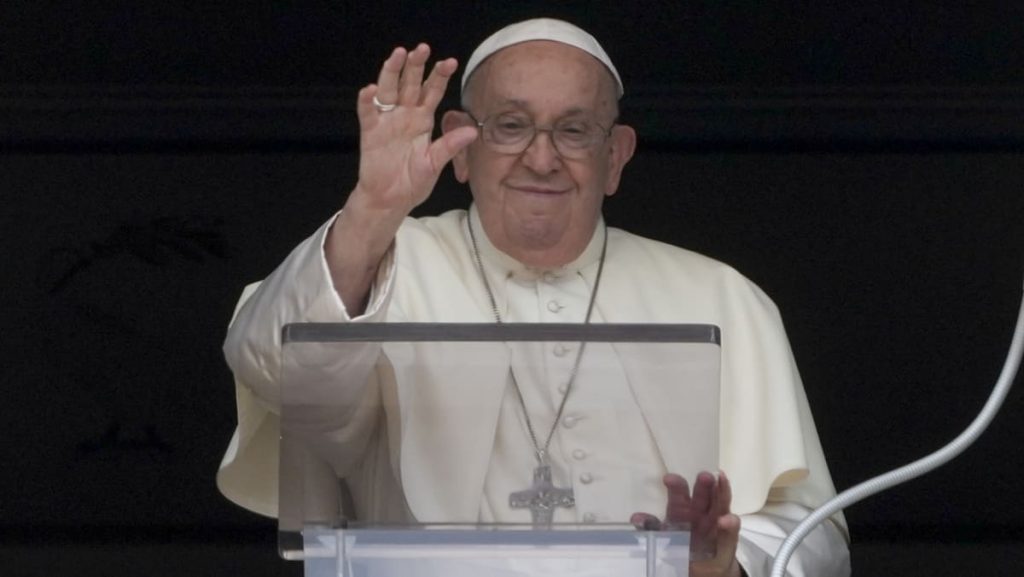Pope Francis is on a visit to Indonesia, where he aims to promote inter-religious harmony. This theme is central to his trip, as he plans to meet not only with local Catholic communities but also with leaders of different faiths and political figures. The Pope arrived in Jakarta and is scheduled to meet Indonesian President Joko Widodo at the Merdeka Palace on Wednesday. Following this, he is expected to attend an interfaith gathering at the Istiqlal Mosque in Jakarta before leading a mass at the Gelora Bung Karno Stadium complex, where approximately 80,000 Catholics are expected to be in attendance.
Indonesia, with the largest Muslim population in the world, has a Catholic population of 3.1% within its total population of about 280 million. The visit is significant not only in terms of inter-religious dialogue but also symbolizes the Vatican’s interest in establishing a stronger presence in Asia. Pope Francis has visited the continent six times during his papacy, underscoring its importance to the Catholic Church. Observers believe that his visit will be closely watched to see how he promotes diversity and strengthens ties between the Vatican and Asia.
Dr. Michel Chambon, a research fellow at the Asia Research Institute’s religion and globalization cluster, highlighted the increasing importance of Asia in global affairs. He emphasized that Asia has managed to uphold and develop unique political and religious traditions, making engagement with the region crucial for the Vatican to uphold its universal identity. Former Singaporean foreign affairs minister George Yeo noted that Pope Francis has been appointing bishops and cardinals from various Asian countries, showcasing the church’s diversity and universality.
Pope Francis’ outreach to Asia is seen as a deliberate effort to portray the Catholic Church as a universal institution that transcends geographical and cultural boundaries. By engaging with diverse traditions and communities in Asia, the Vatican aims to position itself as a truly global entity that respects and values different cultural and religious perspectives. The Pope’s visit serves as a platform to promote interfaith dialogue, bridge divides, and strengthen relationships between different religious groups in Indonesia and beyond.
The Pope’s visits to various Asian countries during his papacy demonstrate the significance of the region in the broader global context. By prioritizing engagement with Asia, the Vatican acknowledges the continent’s contributions to religious and political thought and recognizes the resilience and creativity of Asian traditions in navigating modern challenges. Through his interactions with leaders and communities in Asia, Pope Francis seeks to foster mutual understanding, respect, and cooperation among diverse religious and cultural groups, furthering the cause of inter-religious harmony and peaceful coexistence.
In conclusion, Pope Francis’ visit to Indonesia underscores the importance of inter-religious harmony and dialogue in fostering peace and understanding among diverse communities. By engaging with leaders of different faiths and promoting tolerance and respect, the Pope aims to strengthen relationships between the Catholic Church and other religions. The trip to Indonesia symbolizes the Vatican’s commitment to engaging with Asia and recognizing the region’s rich religious and cultural heritage. Through these efforts, Pope Francis hopes to promote a message of unity, diversity, and cooperation that transcends religious and cultural differences, paving the way for a more harmonious and inclusive world. The interfaith meetings and mass gatherings during the visit highlight the Pope’s dedication to building bridges and fostering a spirit of mutual respect and understanding among followers of different faiths.


